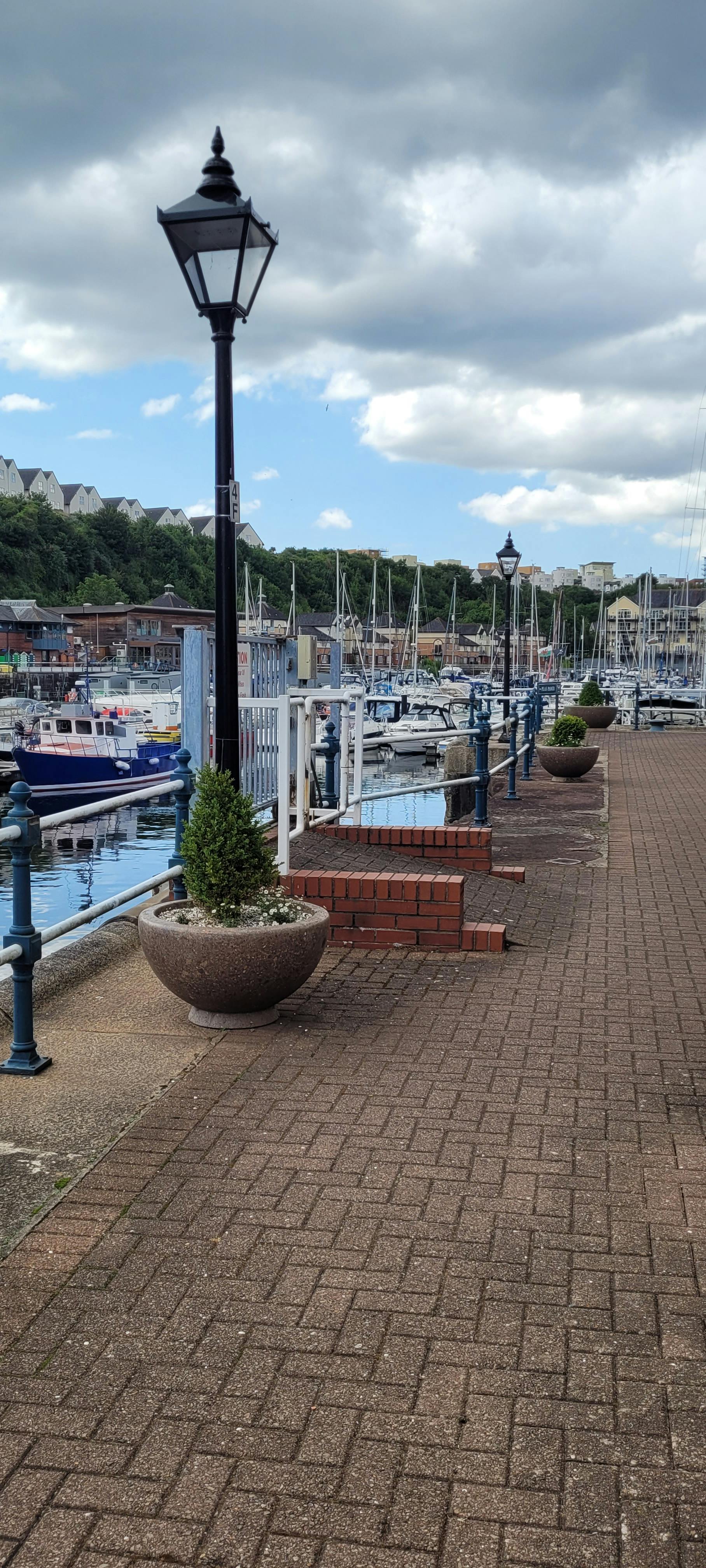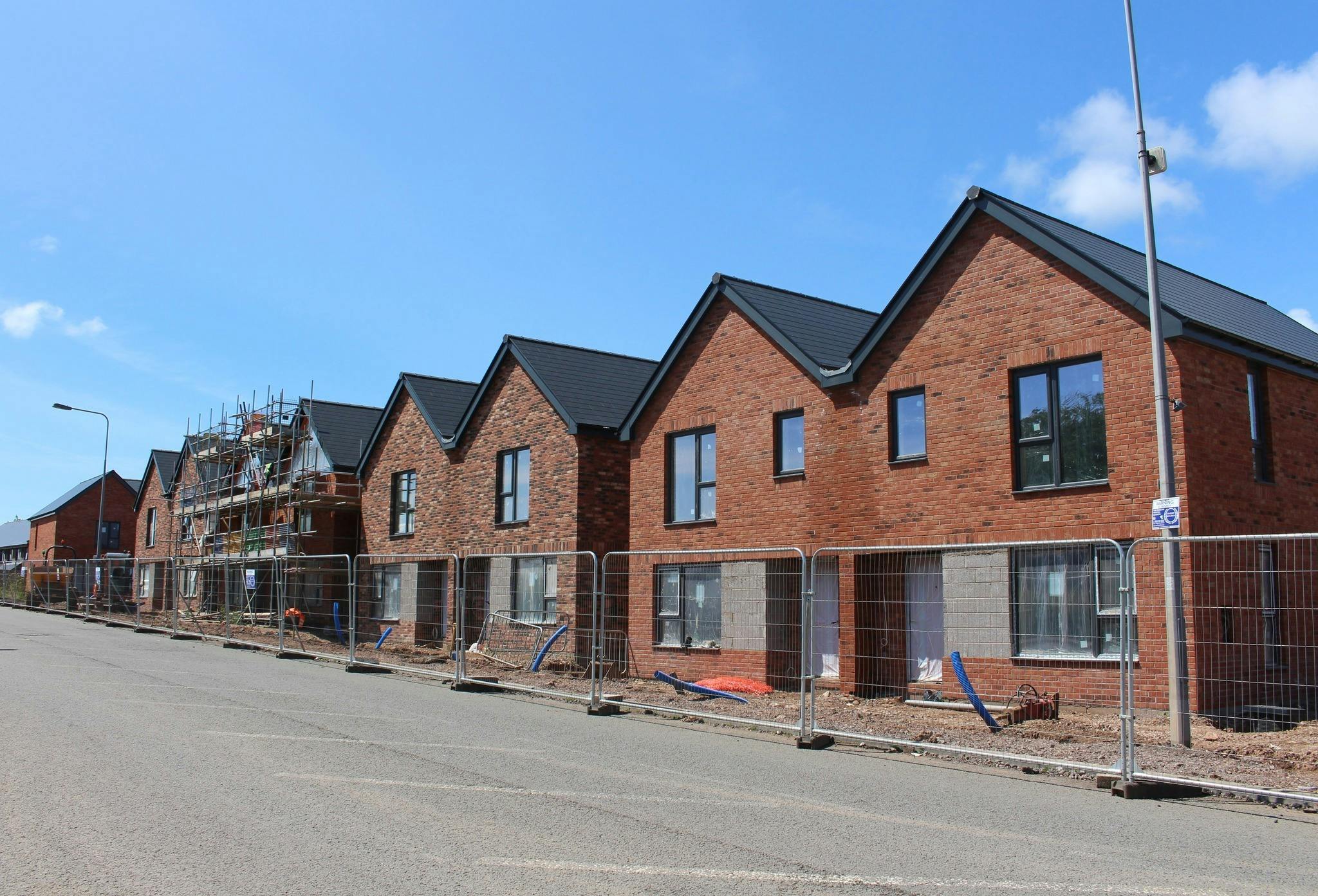Energy - What can you do?
View this page in Welsh / Gweld y tudalen hwn yn Gymraeg
We can all make a difference. From the electricity we use, to the food we eat, the way we travel, and the things we buy, we can all help limit climate change. Saving energy is a great way to save money too!
Find out how to cut your energy use at home and support Project Zero. Please also share your energy saving tips with us at the bottom of the page and we can include your ideas here.
Understand and manage your energy use and costs: ask your energy provider to fit a SMART meter (many provide these for free). This will help you see how much gas and electricity is being used, and if bills can be lowered e.g. by switching appliances off or turning your heating down. Some energy providers even offer saver sessions, where they will pay you for the energy you don’t use. Checking your heating controls are working or using a smart thermostat can also help you heat your house when you are at home and manage the heating when you are away via an app.
Keep the heat in: check out the Nest scheme for free advice and, if you are eligible, a package of free home energy efficiency improvements. Making sure your home is well insulated and ventilated can cut down heat waste, save money, and prevent mould growth. Keeping warm and well is particularly important for older people. Age UK advice is helpful, including wrapping up well and keeping active at home. There are lots more home energy saving tips on Climate Action Wales. For more home energy saving tips visit Climate Action Wales.
Save water: to save water and money only fill the kettle as much as you need and try not to leave your tap running when you are brushing your teeth. Heating water makes up 18% of the average household’s energy costs, so saving water saves on energy bills too. Take a shorter shower and run full loads in your washing machine and dishwasher. Visit Climate Action Wales for more water saving tips.
Keep lighting costs down: according to Energy Saving Trust’s lighting advice, lighting makes up 11% of the average UK household electricity consumption, so there are great savings to be made. Turn off lights when you don’t need them and switch to LEDs or other low-energy bulbs where possible. Put exterior or security lights on timers or consider motion activated so that they are only on when needed.
Replacing an electrical item? All home appliances now have an energy rating. This means you can consider how much energy your new fridge, freezer or washing machine will take to use alongside the investment cost in replacing an item which can no longer be repaired. More information on how to understand the energy rating scheme is available on Energy Saving Trust.
Consider installing a heat pump: Heat pumps are a low-carbon, energy-efficient way to heat your home and hot water. Instead of generating heat directly like a gas boiler, they work by transferring heat from the air or ground outside into your home – even when it's cold. They’re suitable for most homes in Wales, especially when paired with good insulation. Heat pumps are powered by electricity, so they can be especially environmentally friendly if your electricity comes from renewable sources. Over time, they can help reduce your energy bills and carbon footprint. If you’re considering replacing an old heating system, it’s worth looking into whether a heat pump could be right for you. For more information, visit Climate Action Wales’ guide to heat pumps.
Other support available: visit our cost of living hub and check out your eligibility for schemes which can provide free energy efficiency upgrades to some homes.
Keen to look at alternatives? Perhaps you’ve already made your home as energy efficient as possible, or perhaps your boiler needs to be replaced. Now is the time to get in an expert and explore what new technologies might suit your home. Could an air source heat pump help provide heating? Might solar panels be able to help generate hot water or electricity for your home? Visit Energy Saving Trust for more ideas.


